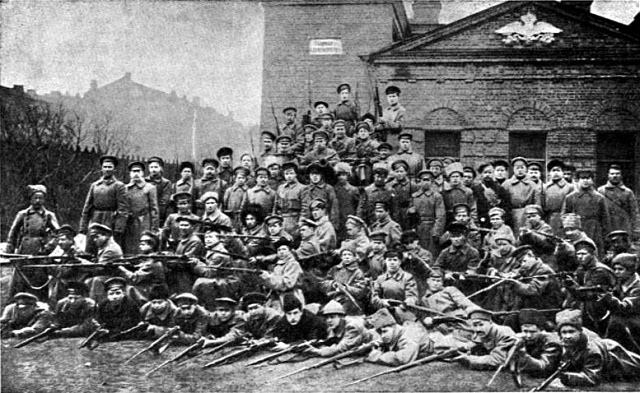In June of 1944, the Red Army carried out what some have referred to as an alternate D-Day. The primary event, which is more commonly known as D-Day, has already celebrated its seventieth anniversary this year. The other, lesser known conflict, was the Belorussian offensive that took place slightly over two weeks later as the Red Army tried to push Hitler’s forces out of Soviet territory.
It had been three years at that point since the territory had been invaded by Hitler’s forces. Soviet forces had been surrounded as Nazis swarmed the area and took over occupation. Then, in June of 1944, the Soviets responded with a surprise attack of their own. Operation Bagration was launched by the Red Army and after slightly over a month they had achieved victory by advancing hundreds of miles to take out twenty Wehrmacht divisions while doing heavy damage to another fifty.
While it may have started much later than the real D-Day, there was certainly some overlap in time. The Allied forces in France were still grappling with the Nazis while Operation Bagration began and ended. Around the same time the Red Army crushed the Wehrmacht in Belorussia, the Allies finally started making headway in France. The close proximity of these events heralded the end of the war as far as many Germans were concerned, and it was not long before many German officers began to blame the Fuhrer for the mess they were in. This led to a failed assassination attempt, The Guardian reports.
There were other major events in the Second World War which appeared to overlap with D-Day and Operation Bagration. For instance, there was the Warsaw Ghetto Uprising, as well as the Battle of Arnhem not long after. The Red Army appeared but a small part of the war’s history in light of everything else that was happening. In truth, however, Stalin was making away with quite a bit of land as he helped squash the German occupation of the Europe.
With the Red Army tearing through Europe and acquiring land for Stalin, the eventual Cold War came as no surprise. Churchill and Stalin could come to some agreements, but other simply could not be had by either party. Stalin’s power had risen magnificently since the onset of the war, and he was not ready to relinquish it. Operation Bagration solidified the Red Army as something with which to be reckoned, and this carried over well after the war was over.
